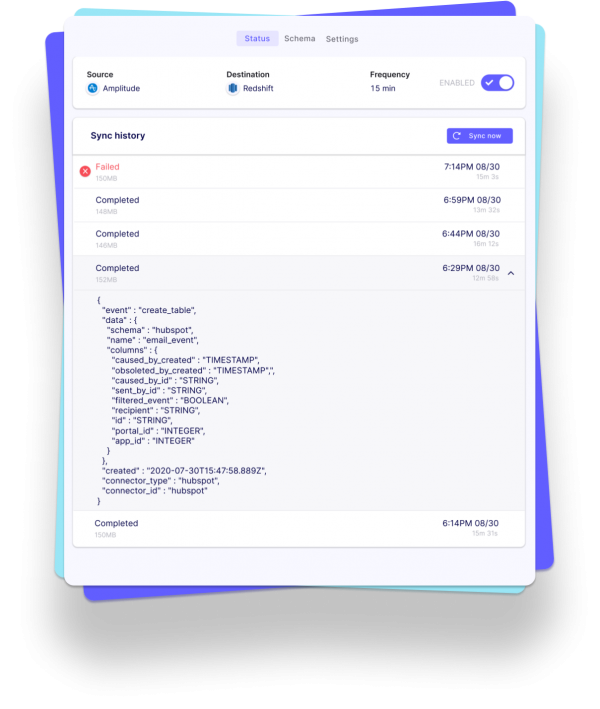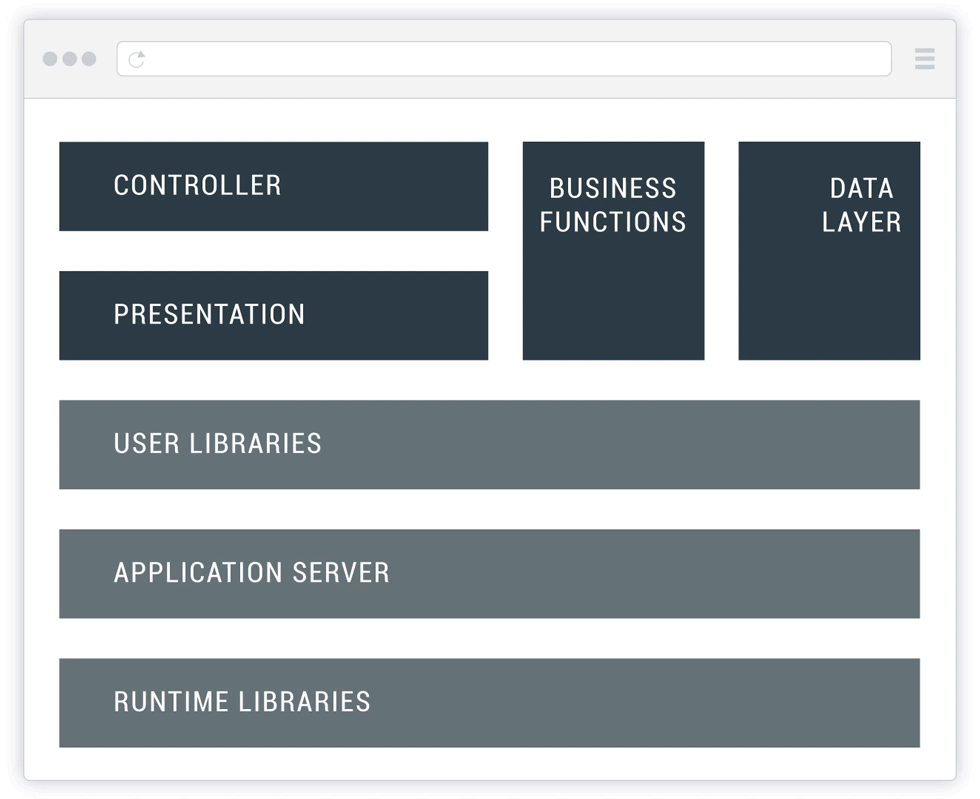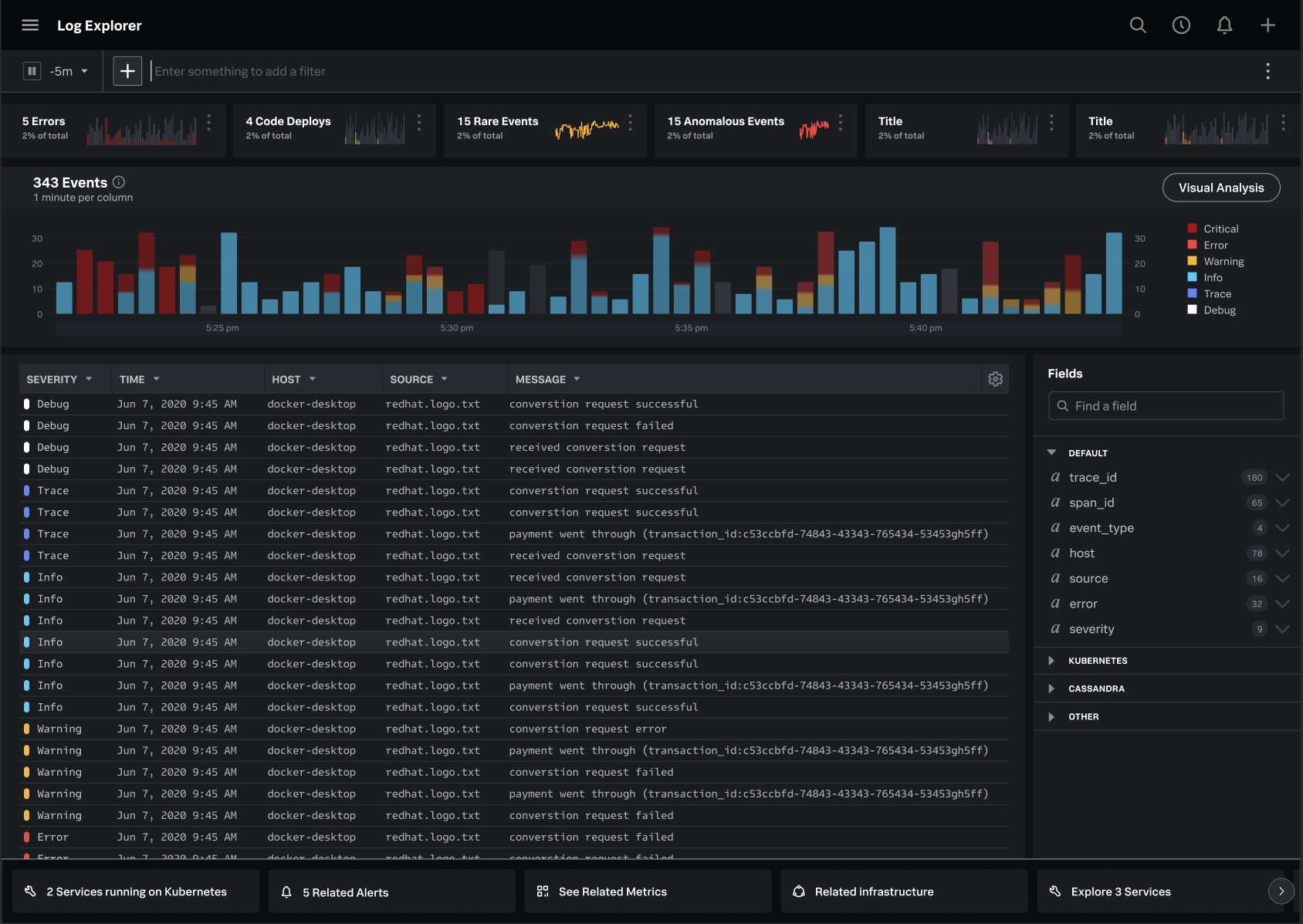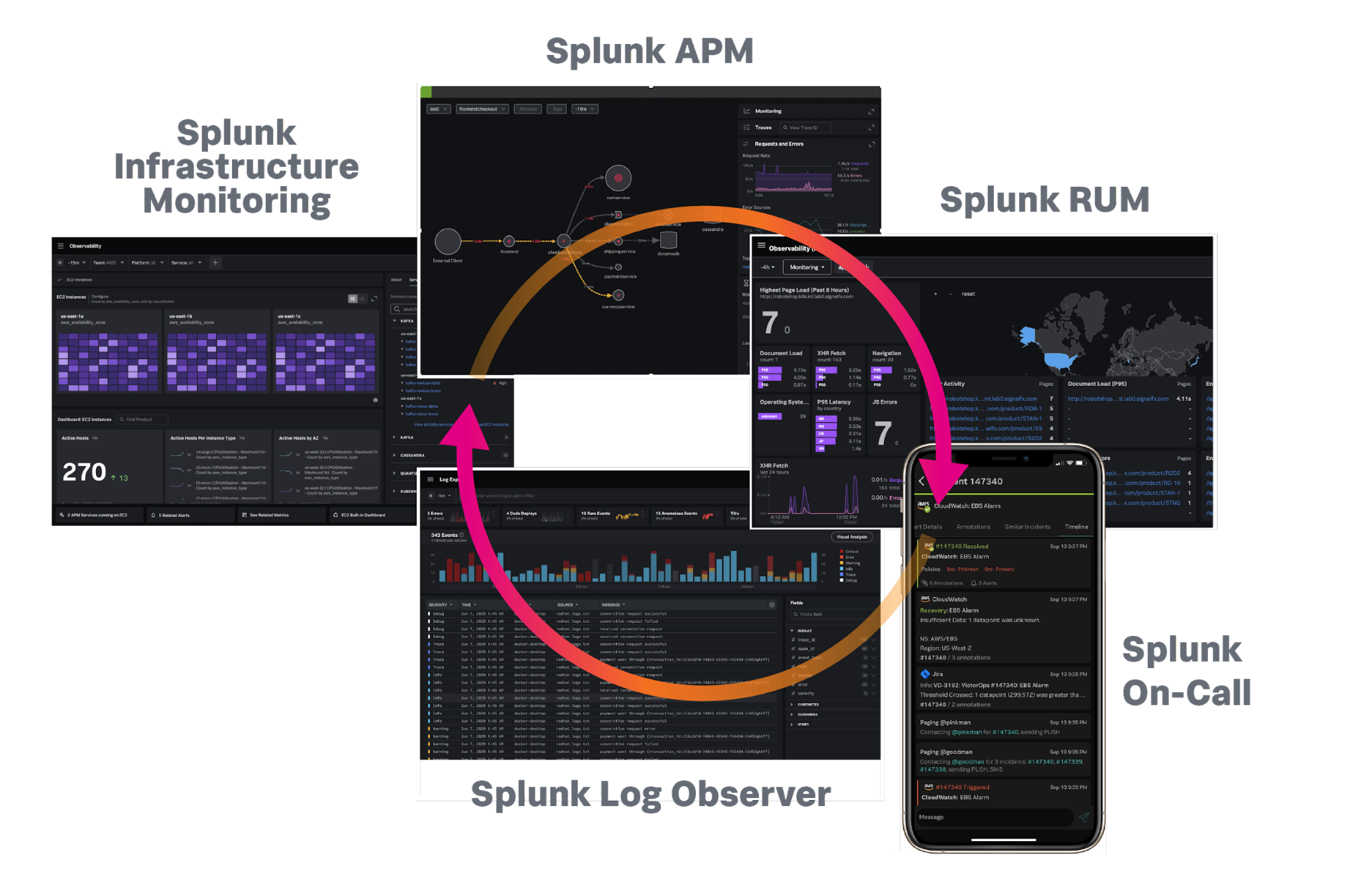Organizations spend ungodly amounts of money — millions of dollars — on business intelligence (BI) tools. Yet, adoption rates are still below 30%. Why is this the case? Because BI has failed businesses.
Logi Analytics’ 2021 State of Analytics: Why Users Demand Better survey showed that knowledge workers spend more than five hours a day in analytics, and more than 99% consider analytics very to extremely valuable when making critical decisions. Unfortunately, many are dissatisfied with their current tools due to the loss of productivity, multiple “sources of truth,” and the lack of integration with their current tools and systems.
A gap exists between the functionalities provided by current BI and data discovery tools and what users want and need.
Throughout my career, I’ve spoken with many executives who wonder why BI continues to fail them, especially when data discovery tools like Qlik and Tableau have gained such momentum. The reality is, these tools are great for a very limited set of use cases among a limited audience of users — and the adoption rates reflect that reality.
Data discovery applications allow analysts to link with data sources and perform self-service analysis, but still come with major pitfalls. Lack of self-service customization, the inability to integrate into workflows with other applications, and an overall lack of flexibility seriously impacts the ability for most users (who aren’t data analysts) to derive meaningful information from these tools.
BI platforms and data discovery applications are supposed to launch insight into action, informing decisions at every level of the organization. But many are instead left with costly investments that actually create inefficiencies, hinder workflows and exclude the vast majority of employees who could benefit from those operational insights. Now that’s what I like to call a lack of ROI.
Business leaders across a variety of industries — including “legacy” sectors like manufacturing, healthcare and financial services — are demanding better and, in my opinion, they should have gotten it long ago.
It’s time to abandon BI — at least as we currently know it.
Here’s what I’ve learned over the years about why traditional BI platforms and newer tools like data discovery applications fail and what I’ve gathered from companies that moved away from them.
The inefficiency breakdown is killing your company
Traditional BI platforms and data discovery applications require users to exit their workflow to attempt data collection. And, as you can guess, stalling teams in the middle of their workflow creates massive inefficiencies. Instead of having the data you need to make a decision readily available to you, instead, you have to exit the application, enter another application, secure the data and then reenter the original application.
According to the 2021 State of Analytics report, 99% of knowledge workers had to spend additional time searching for information they couldn’t easily locate in their analytics solution.






